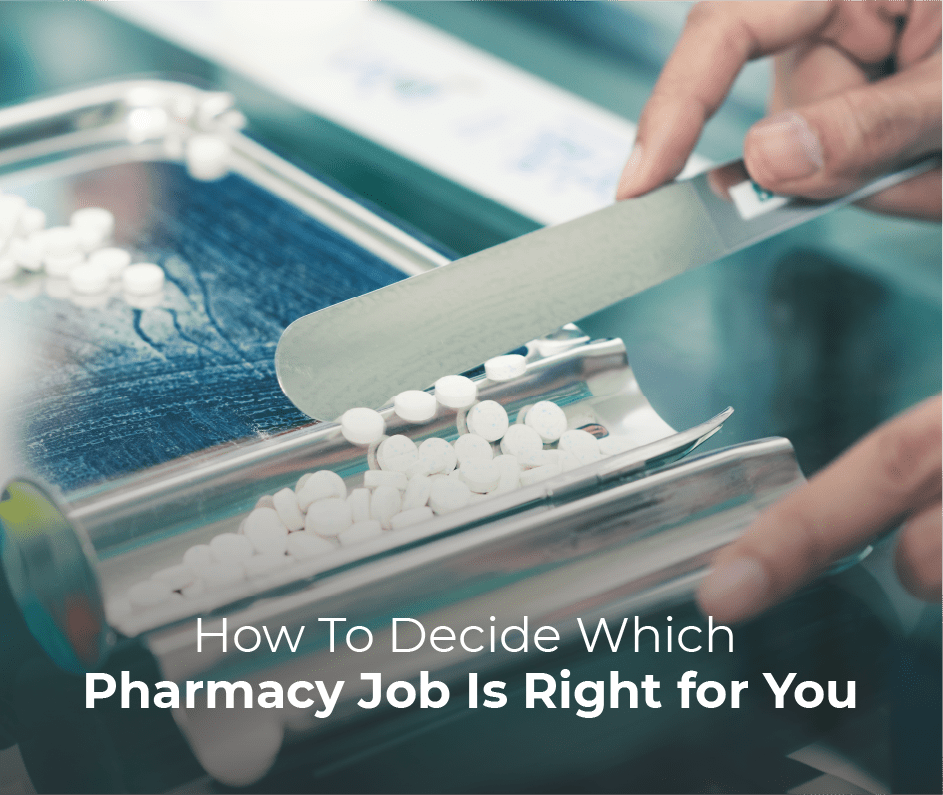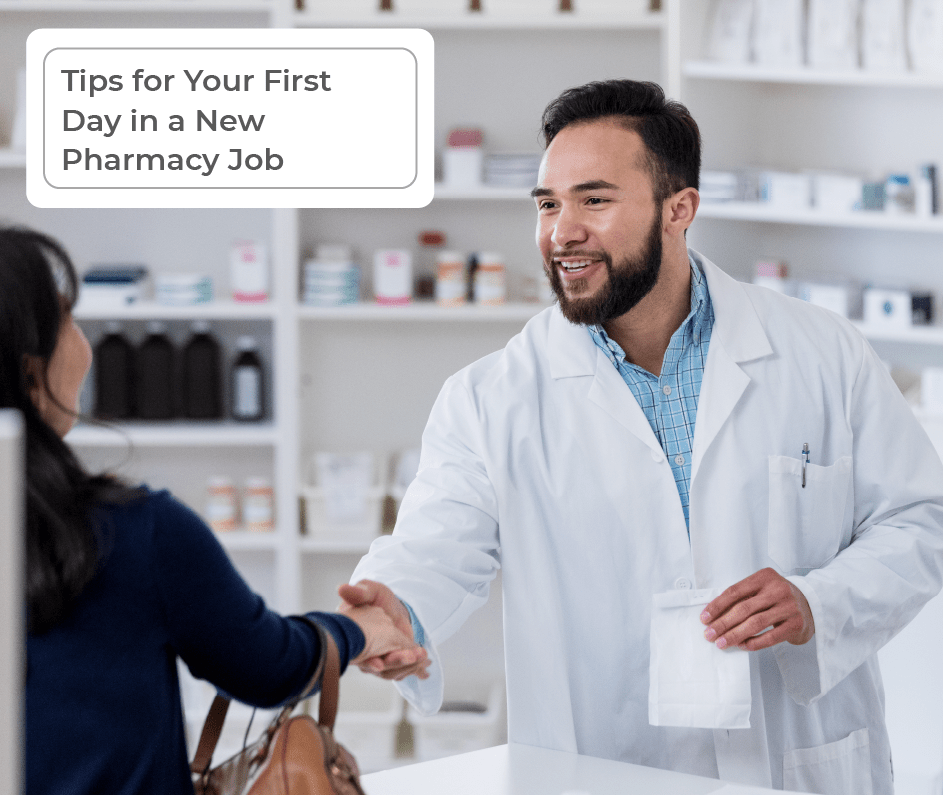A new job is an exciting fresh start, but, for most, the excitement comes with some tension. Whether you’re a fresh graduate new to the field or an experienced pharmacist embarking on your next chapter, your position in a new work environment will require adjustments.
Here are a few tips to help you get started in the right direction at your new pharmacy job.
-
Introduce Yourself
Introducing yourself to your new coworkers may not be the first thing on your mind amid all the commotion of your first day at a new job. However, taking the time to make an impression and learn a few names around the office will give you a head start toward becoming familiar with, and respected by, your new coworkers.
Approach your closer-contact coworkers first and introduce yourself to them. Tips for initial success include keeping the conversations light, making sure not to overshare, and avoiding discussing non-work-related topics.
-
Learn the Culture of the Office
It may feel easy to talk about your past job with your new coworkers, but learning about how things work in your new space will benefit you more in your first few weeks. Try to engage in conversations with your new coworkers to learn about the workflow dynamics at your new office, as well as their personal job experiences. As a more informed employee, you can better contribute toward making your office more productive and efficient.
-
Don’t Be Afraid to Ask Questions
You must be confident when working as a pharmacist because there’s no room for error when dealing with someone’s health. However, company policies, procedures, and protocols will all likely differ from your last job. The best way to gain confidence is by asking questions and having your employer clarify what best practices you should follow.
And don’t worry about being a bother. No one expects you to know everything on your first day. As long as you make an effort to learn, it won’t go unnoticed.
-
Arrive Early, Stay Late
Rushing in the door a few minutes late and stepping out early are two ways to negatively affect your team’s first impression of you. Give yourself some extra time to account for possible morning rush traffic and track your route before the first day to learn how long it will take you to get to work. Be an available and dedicated worker and stay each day until your job is done.
-
Show Ambition
If you find your first few days/weeks on the job a little slow, use this opportunity to ask for an assignment. Offer to take over tasks for your coworkers to free them up if they seem busy. By showing initiative and lending a helping hand, you’ll quickly make friends and may even learn something new.
You worked hard to land your pharmacy position. Show your appreciation and enthusiasm for your career by being eager to get to work and do a great job.
Ready to Start a New Pharmacy Career?
At HealthCare Support, we’re committed to helping passionate healthcare professionals get the jobs that fit them best. If your job search is proving difficult, leave it in our hands. We have the experience and connections to get you where you belong. To learn more about our open pharmacy jobs and services, please give us a call at 888-219-6285.







